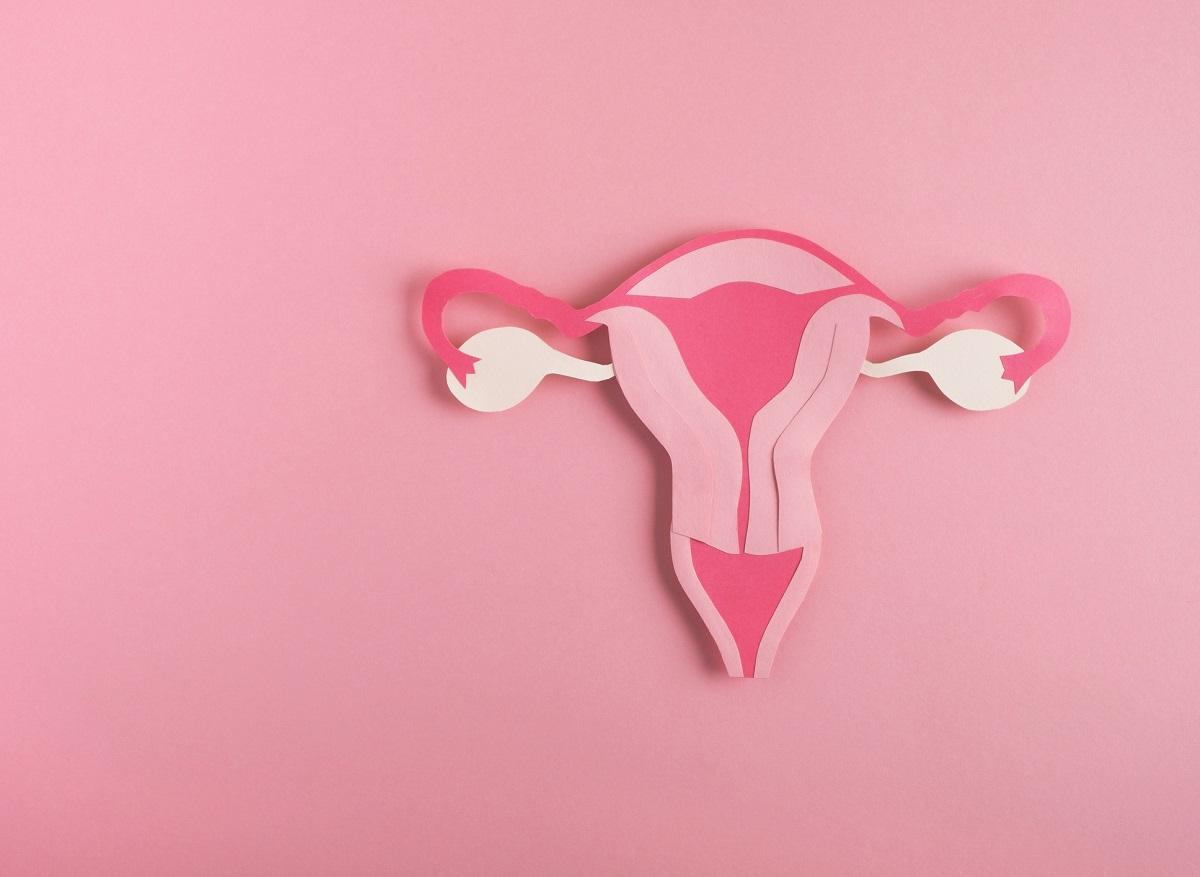At the initiative of the Medicines Agency, the first consultation meeting with professionals did not lead to any decisions. Maisl doctors have stressed the danger of a wave of abortions.
It all started with a criminal complaint filed in mid-December by a 25-year-old woman. 65% disabled because of a stroke, Marion Larat calls into question her 3rd generation pill. It attacks the laboratory and the National Medicines Safety Agency (Ansm) which would not have applied the precautionary principle. Since then, his lawyer says that thirty other women, who live in comparable situations, are preparing to seek redress in court.
The health agencies, the Haute Autorité de Santé and the Ansm, did not wait for this case to recall that these 3rd generation and 4th generation pills carried a risk of venous thrombosis twice as high but low and that the professionals had to prescribe them as second intention. In a country where one in two women aged 15-49 chooses oral contraceptives, new generation pills represent half of the prescriptions.
Faced with the media rush, the Minister of Health and the Ansm did not want to be caught out. To the agitation, they responded in haste. Marisol Touraine has decided to bring forward from September 30, 2013 to March 31, the date of delisting of these pills. As if a financial penalty could respond to a medical risk. Believing that these pills were too prescribed, the director of the Ansm mentioned the hypothesis of restricting to specialists the possibility of delivering this type of contraceptive. As if GPs were at fault and incompetent. However, today, general practitioners mainly prescribe 2nd generation pills (68%) and gynecologists, 3rd generation pills (54%).
While we expect serenity from the public authorities in a debate that has become irrational, these two announcements have contributed to fueling a climate of panic. The testimonies of women on social networks who are considering giving up their pill, those of doctors who say they are appalled and helpless, are the expression of a cacophony maintained by the executive. And the words of the Minister – “We must avoid giving the feeling that the pill would be a danger” – did not change anything.
It is in this climate that Ansm yesterday opened its series of consultations with professionals. No decision has been taken but further meetings will follow next week. Several participants nevertheless stressed that this wind of panic could lead to a wave of abortion. The College of Gynecologists recalls the episode of pill panic that occurred in England in 1995.
This year, for a similar controversy, the “pill scare” had led in one year to an 11% increase in abortions among young women.
.

















